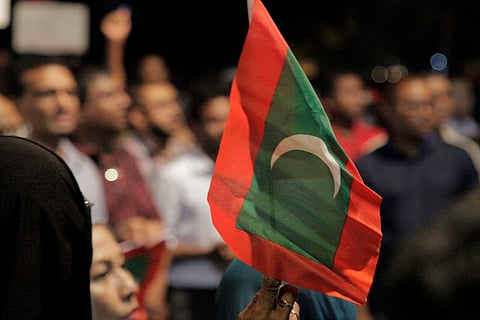The declaration of emergency in the Maldives on 5 February 2018, followed by the arrest of senior judges and politicians, drew international censure, and the emergency was lifted after 45 days. However, although the country is moving towards presidential elections, expected to be held in September, new measures and restrictions have skewed the electoral field. Himal Southasian interviewed Mushfiq Mohamed, a senior legal officer with the Maldivian Democracy Network, who spoke to us about the elections, the country's frail criminal justice system, and prospects of international sanctions against government officials.
Himal Southasian: The Maldives is no longer in a state of emergency and the country is preparing for Presidential elections scheduled for September. Have the steps taken during the emergency against the judiciary and the political opposition, as well as the restrictions curbing civic spaces, been removed?
Mushfiq Mohamed: Although the State of Emergency (SoE) ended in March after domestic and international pressure, many of the changes brought during the emergency are ongoing. President Abdulla Yameen has used the emergency law to purge political opponents, members of the judiciary and security forces. He resorts to such heavy-handed tactics when he feels politically weak, as a show of strength to project power. It also directly adds to the climate of fear, intimidation and harassment against activists, journalists and civil society actors.
State institutions are still paralysed – the Parliament is under lockdown, and without consultation with their constituencies opposition, MPs have been boycotting sessions, indirectly enabling anti-democratic amendments to laws and regulations. Around 12 MPs have been stripped of their seats through the judiciary, a manufactured move to shift the parliamentary majority towards the ruling party after defections. The arbitrary arrests of judges from the Maldives' Supreme Court also ensure that judicial independence is compromised through fear of political persecution.

